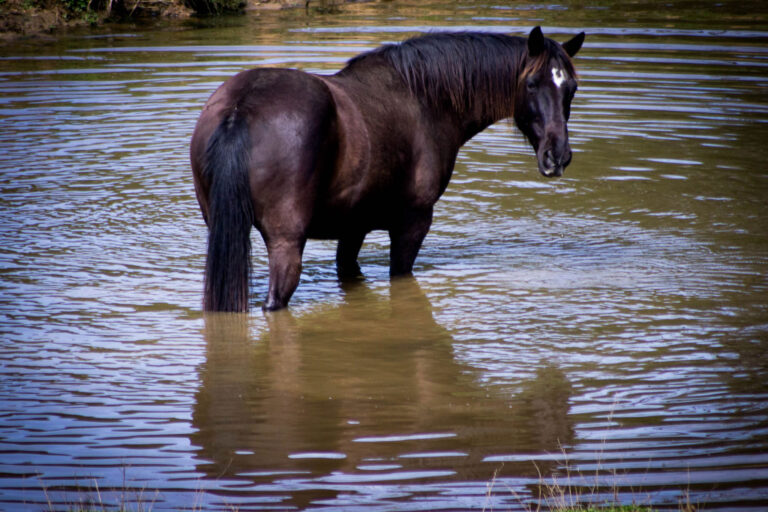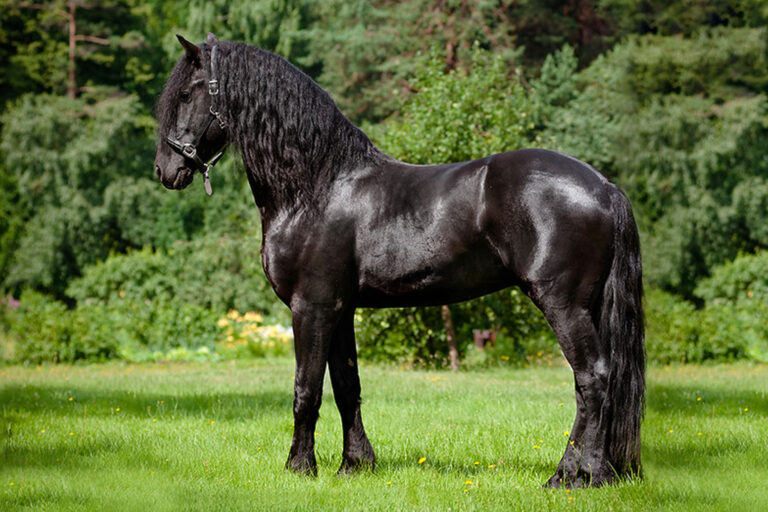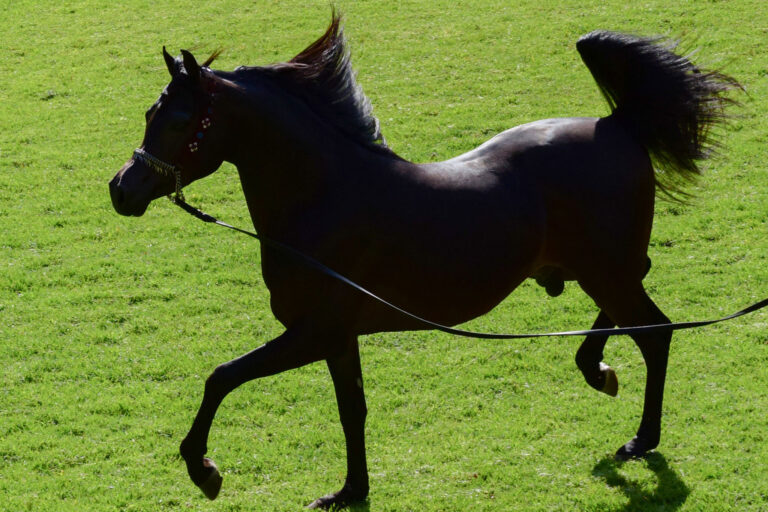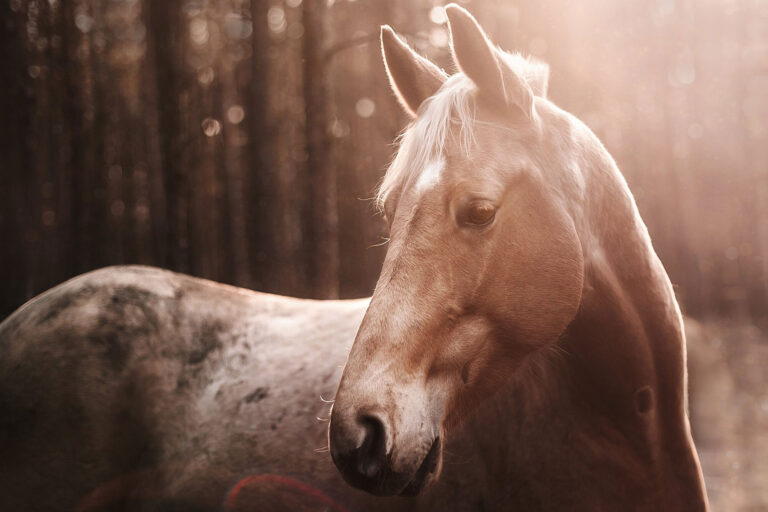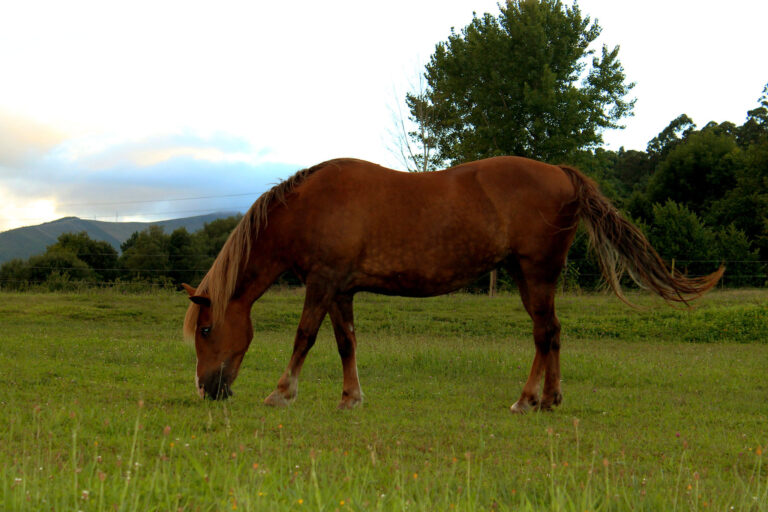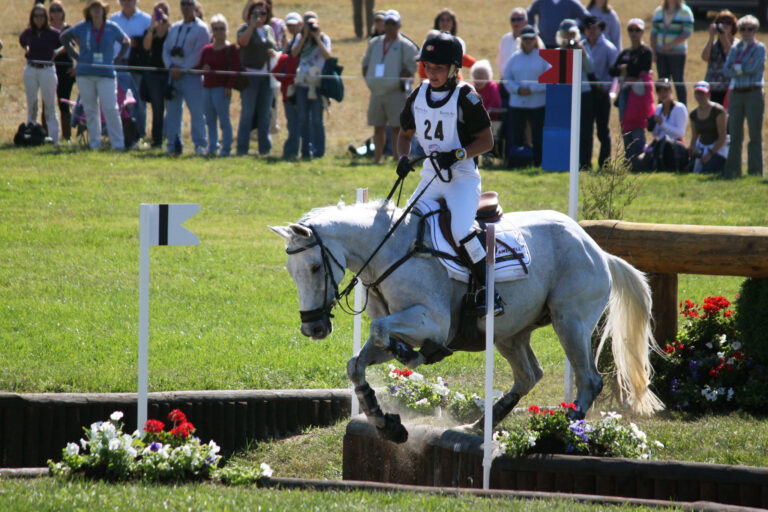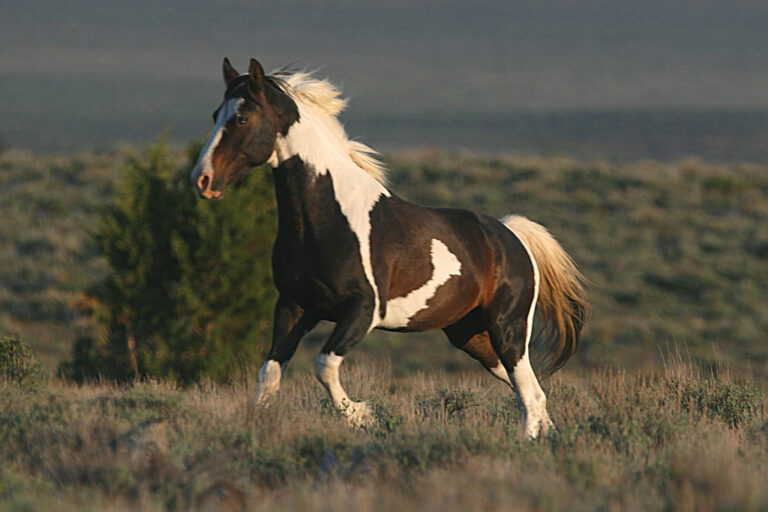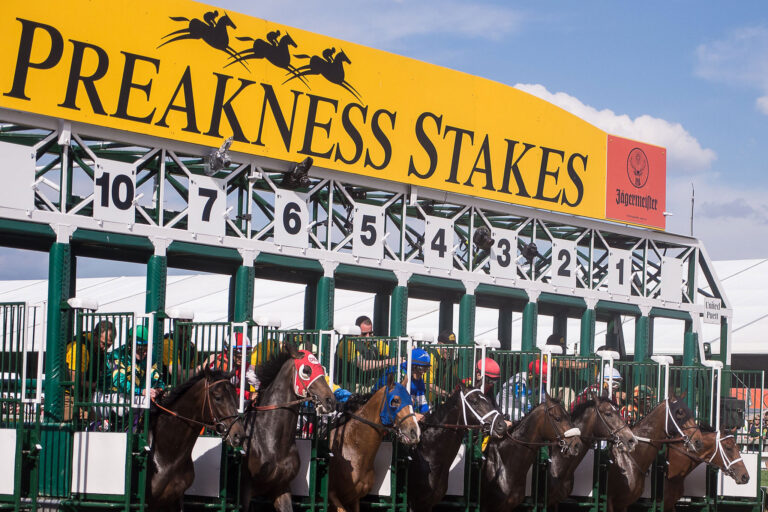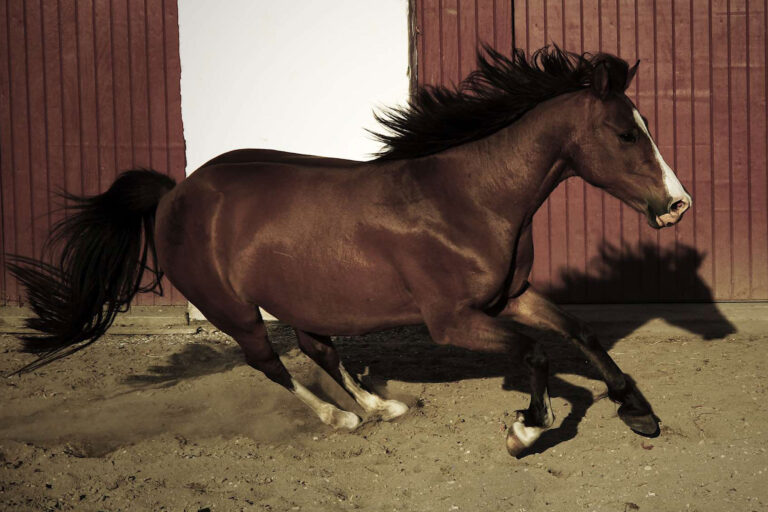3 Fundamental Techniques for Horse Training Building Trust and Communication
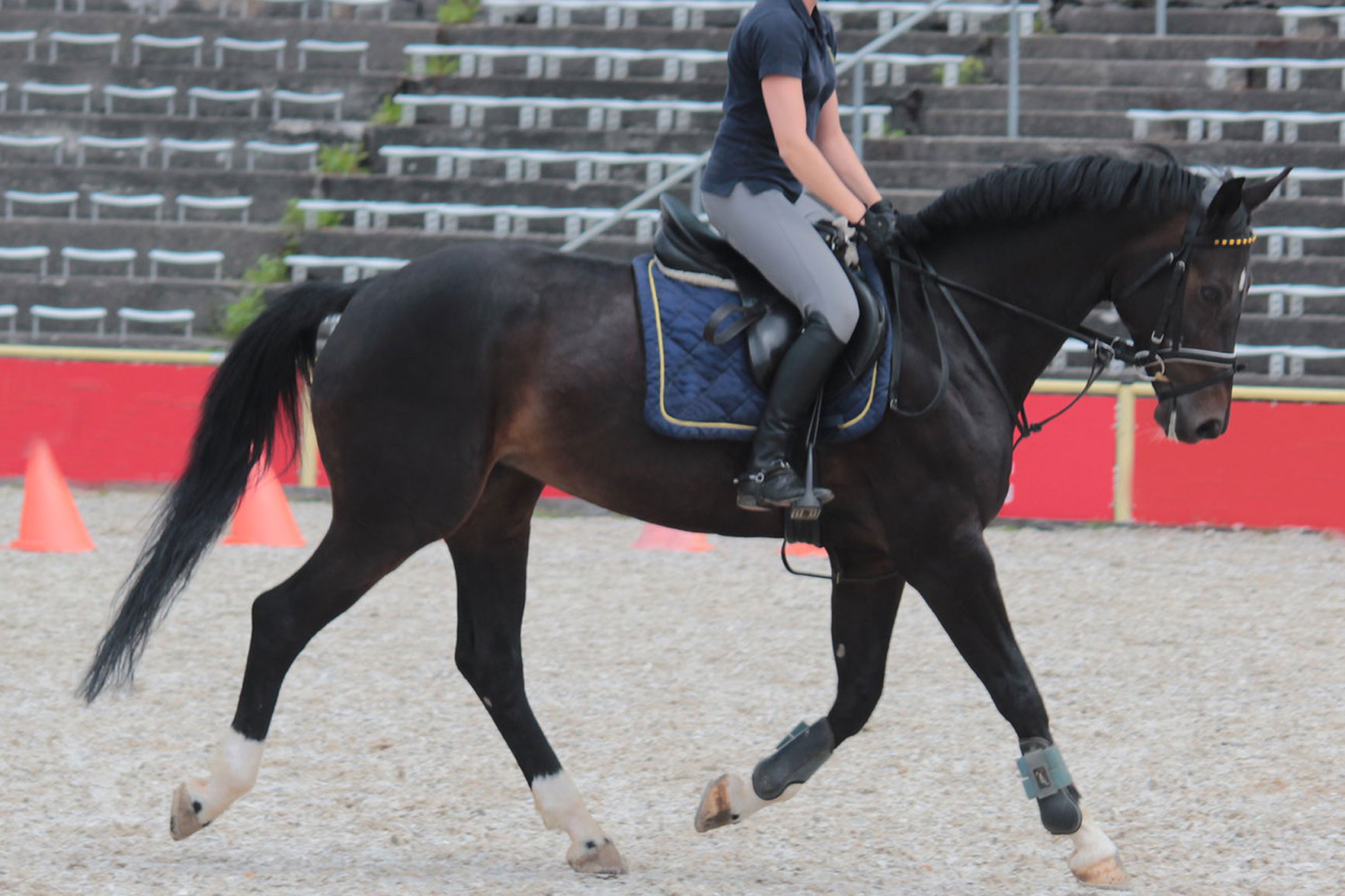
Horse training is a delicate art that goes beyond mere commands and obedience. It’s about establishing a deep bond built on trust and effective communication between the horse and the trainer. Whether you’re a seasoned equestrian or a novice enthusiast, understanding the fundamental techniques for horse training can make all the difference in achieving a harmonious partnership with your equine companion. In this blog post, we’ll explore three essential techniques that prioritize building trust and enhancing communication in horse training.
1. Positive Reinforcement:
Positive reinforcement is a cornerstone of effective horse training. This technique involves rewarding desired behaviors to encourage their repetition. By using treats, praise, or even a gentle pat on the neck, you can communicate to your horse that they’ve done something right. The key is timing – the reward should be given immediately after the desired behavior to reinforce the connection between the action and the reward.
Incorporating positive reinforcement into your horse training sessions can create a positive association with learning and cooperation. For example, when teaching your horse to respond to cues such as stopping or turning, reward them with a treat or verbal praise each time they respond correctly. This encourages them to associate the action with a pleasant outcome, making them more likely to repeat it in the future.
When using positive reinforcement, consistency is crucial. Ensure that you reward the desired behavior every time it occurs, gradually reducing the frequency of rewards as the behavior becomes more ingrained. This consistent reinforcement helps solidify the bond between you and your horse, fostering trust and cooperation in your training sessions.
Integrating positive reinforcement into your horse training regimen not only strengthens your bond with your horse but also creates a positive learning environment where your horse feels valued and appreciated.
2. Clear Communication:
Effective communication is the cornerstone of any successful relationship, and the bond between a horse and its trainer is no exception. Clear and consistent communication is essential for conveying your intentions to your horse and understanding their responses.
When communicating with your horse, utilize a combination of verbal cues, body language, and rein aids to convey your commands clearly. Be mindful of your tone of voice and body posture, as horses are highly attuned to subtle cues and can pick up on even the slightest changes in your demeanor.
Consistency is key when it comes to communication. Use the same cues and signals consistently to avoid confusing your horse. For example, if you use a specific verbal command for trotting, such as “trot,” stick to that command every time you want your horse to transition into a trot.
Additionally, be patient and understanding with your horse as they learn to interpret your cues. Horses are intelligent animals, but they may require time and repetition to fully understand what you’re asking of them. Stay patient and consistent in your communication, and celebrate small victories along the way.
By prioritizing clear communication in your horse training sessions, you’ll establish a strong foundation of trust and understanding with your horse, laying the groundwork for a successful partnership built on mutual respect.
3. Building Trust through Bonding Activities:
Trust is the bedrock of any successful relationship, and building trust with your horse is essential for effective training. Bonding activities are an excellent way to foster trust and deepen the connection between you and your horse outside of formal training sessions.
Spend quality time with your horse engaging in activities such as grooming, hand grazing, or leisurely walks. These activities not only provide valuable bonding time but also allow your horse to become familiar with your presence and touch in a relaxed setting.
Incorporate ground exercises, such as lunging or liberty training, into your routine to further strengthen the bond with your horse. These exercises promote communication, cooperation, and mutual respect between you and your horse, laying the groundwork for a solid partnership based on trust and understanding.
Remember to always prioritize your horse’s comfort and well-being during bonding activities. Pay attention to their body language and cues, and respect their boundaries if they show signs of discomfort or stress. Building trust takes time and patience, so allow your relationship with your horse to develop gradually, without rushing the process.
In wrapping up, it’s evident that horse training transcends mere instruction and compliance; it’s a journey of forging a profound connection built on trust and communication between you and your equine companion. Integrating core techniques like positive reinforcement, transparent communication, and engaging bonding activities into your training rituals lays the groundwork for a robust relationship grounded in mutual respect and empathy.

Being a Senior Veterinarian with a focus in Surgical Oncology, Dr. Stephen Burton brings a wealth of knowledge and commitment to his job. His rise to prominence in veterinary medicine began in academia and continued to the forefront of clinical care innovation.
Subscribe my Newsletter for new blog posts. Stay updated from your inbox!

